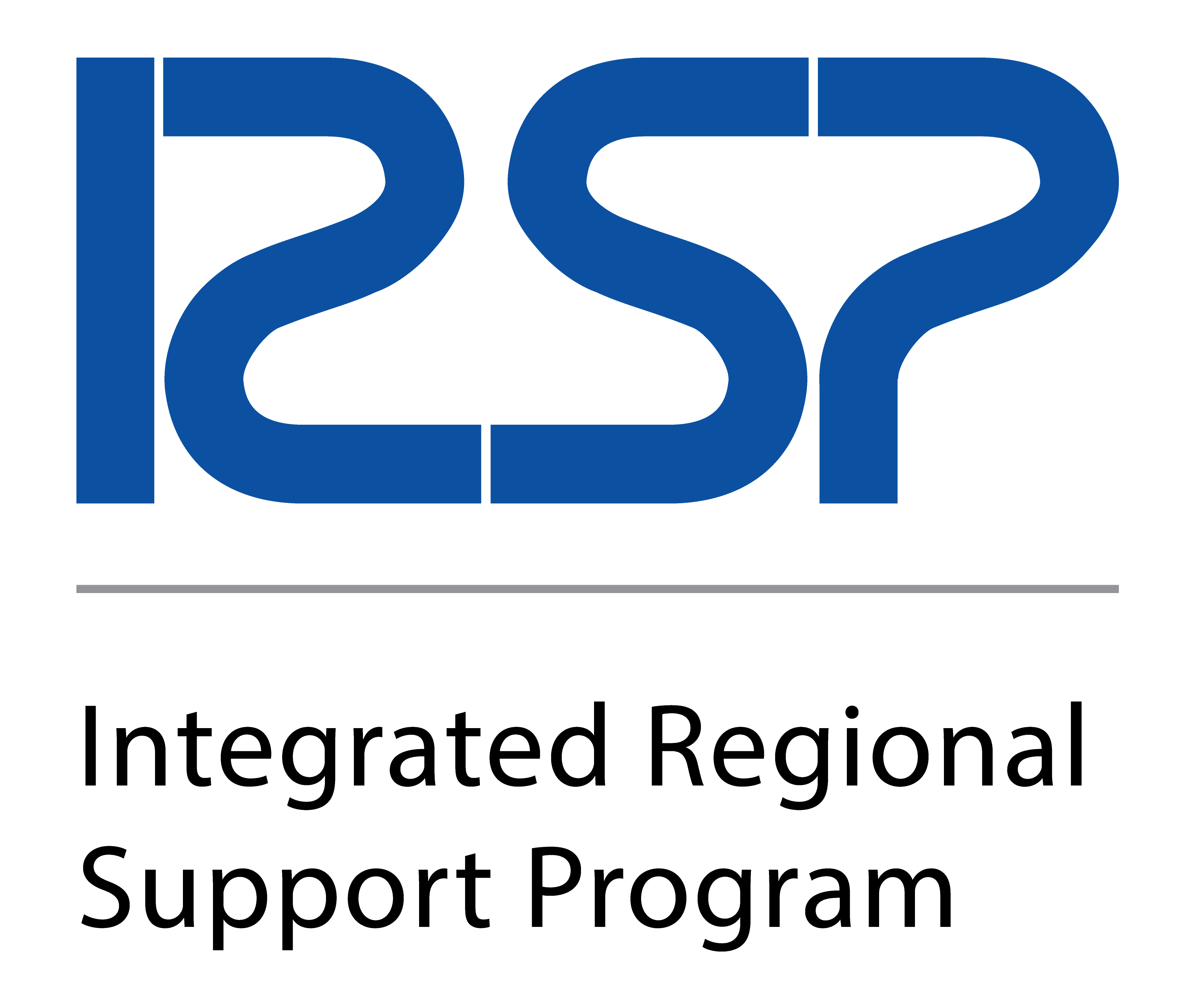Our call for Urgent Action to End the Sanitation Crisis in South Asia
2nd April 2011
We are civil society organisations, community leaders and grassroots activists from Afghanistan, Bangladesh, Buthan, India, Maldives, Nepal, Pakistan and Sri Lanka. We collected the voices of thousands of women, men and children in our countries and gathered at the Pre-SACOSAN IV Consultation Meeting of CSOs held on 1-2 April 2011 in Colombo, Sri Lanka.
Together with our governments we are transforming our communities. However despite our collective efforts, since the 2008 SACOSAN 750,000 children under-ï¬ve have died of diarrhea caused by poor sanitation and water in South Asia.
We are striving to bring an end to these preventable deaths and this huge suffering and we call on our governments to take urgent action:
- The Delhi Declaration endorsed at SACOSAN III in November 2008 set out a strong agenda for change and concerted action. We call on our governments to develop time bound plans and allocate resources for delivering on all previous SACOSAN commitments.
- We applaud the recognition of the right to water and sanitation in the 2008 Delhi Declaration and the subsequent reaffirmation of the right through resolutions adopted by the United Nations General Assembly and the United Nations Human Rights Council in 2010. We call on our governments to now include the right in legislation, make it legally enforceable and operationalise it in sector policies.
- The nearly one billion people unserved with sanitation in our region are the poorest, most marginalised and voiceless people. These groups include slum dwellers without land tenure, women struggling to manage their menstrual hygiene, children in schools without proper toilets, people with disabilities and many other socially marginalised and vulnerable groups. We call on our governments and all other actors to design and deliver context speciï¬c, equitable and inclusive sanitation and hygiene programmes. This includes better identiï¬cation of the poorest and most marginalised groups, and transparent targeting of ï¬nancing to programmes for those who need it most.
- Successful and sustainable sanitation and hygiene programmes rely on strong accountability. We call for:
- The development of multi-stakeholder monitoring mechanisms with clear roles and responsibilities, that measure progress against sanitation targets using agreed indicators, especially on sanitation use and hygiene practices amongst marginalised and vulnerable groups.
- The mandatory adoption of participation, inclusion and social accountability mechanisms from planning through to implementation in all sanitation and hygiene programmes at the community level, for example by including public hearings, social audit, citizen score cards etc.
Ending this sanitation crisis requires increased effort from all stakeholders. Given the health dimension of this crisis and the crucial role the health sector can play, we call on Health Ministers to also participate in the next SACOSAN.
We as civil society commit to lead with integrity, inspire through example and transform through meaningful partnership our collective vision of sanitation and hygiene for all into reality.
Download the Sacosan IV CSO statement PDF
